New York — Prime Minister Shehbaz Sharif delivered a bold and unexpected reply to an Indian journalist’s question on terrorism, just as he was departing for the United Nations General Assembly. As a result, the Shehbaz Sharif terrorism response quickly drew attention for its clarity, confidence, and diplomatic weight.
When asked what actions Pakistan was taking to address allegations of terrorism originating from its territory, Prime Minister Shehbaz Sharif responded firmly. He stated that Pakistan is actively defeating terrorism coming from India. Moreover, he emphasized that Pakistan remains focused on countering and eliminating threats that originate across the border.
This strong Shehbaz Sharif terrorism response visibly stunned Indian media representatives. Not only did his remarks challenge the prevailing narrative, but they also showcased Pakistan’s resolve to confront terrorism through strategic and diplomatic means.
Importantly, the timing of the exchange was significant. It occurred just before Shehbaz Sharif’s scheduled address at the UN General Assembly. During his speech, he reaffirmed Pakistan’s commitment to peace in South Asia. He stated that the country seeks cooperation—not confrontation—with its neighbors.
Furthermore, Sharif declared that Pakistan had defeated India in a recent war. He claimed Pakistan’s armed forces turned Indian aircraft into debris. In addition, he praised the bravery and professionalism of Pakistan’s military leadership. Specifically, he commended Field Marshal Syed Asim Munir for defending the nation with resolve and precision.
On water security, the Prime Minister condemned India’s suspension of the Indus Waters Treaty. He called it a grave provocation. “No one can snatch even a single drop of water meant for Pakistan,” he warned. He added that any attempt to block water flow would be treated as an act of war. Consequently, he emphasized that water is a lifeline for Pakistan’s 240 million people. The country will defend its rights under international law.
Turning to climate change, Sharif highlighted Pakistan’s vulnerability despite its negligible contribution to global emissions. “We are among the worst victims of climate disasters,” he said. He urged the global community to act with fairness and urgency. Additionally, he called for climate financing, technology transfer, and justice for nations suffering from crises they did not create.
By linking terrorism, war, water rights, and climate justice, Prime Minister Shehbaz Sharif positioned Pakistan as a resilient and responsible global actor. Ultimately, his remarks at the UNGA echoed the strength of his earlier media exchange and reinforced Pakistan’s stance with clarity and conviction.

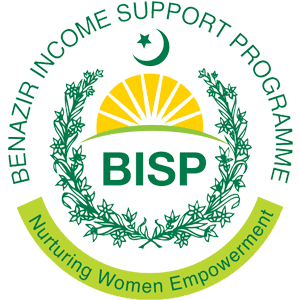
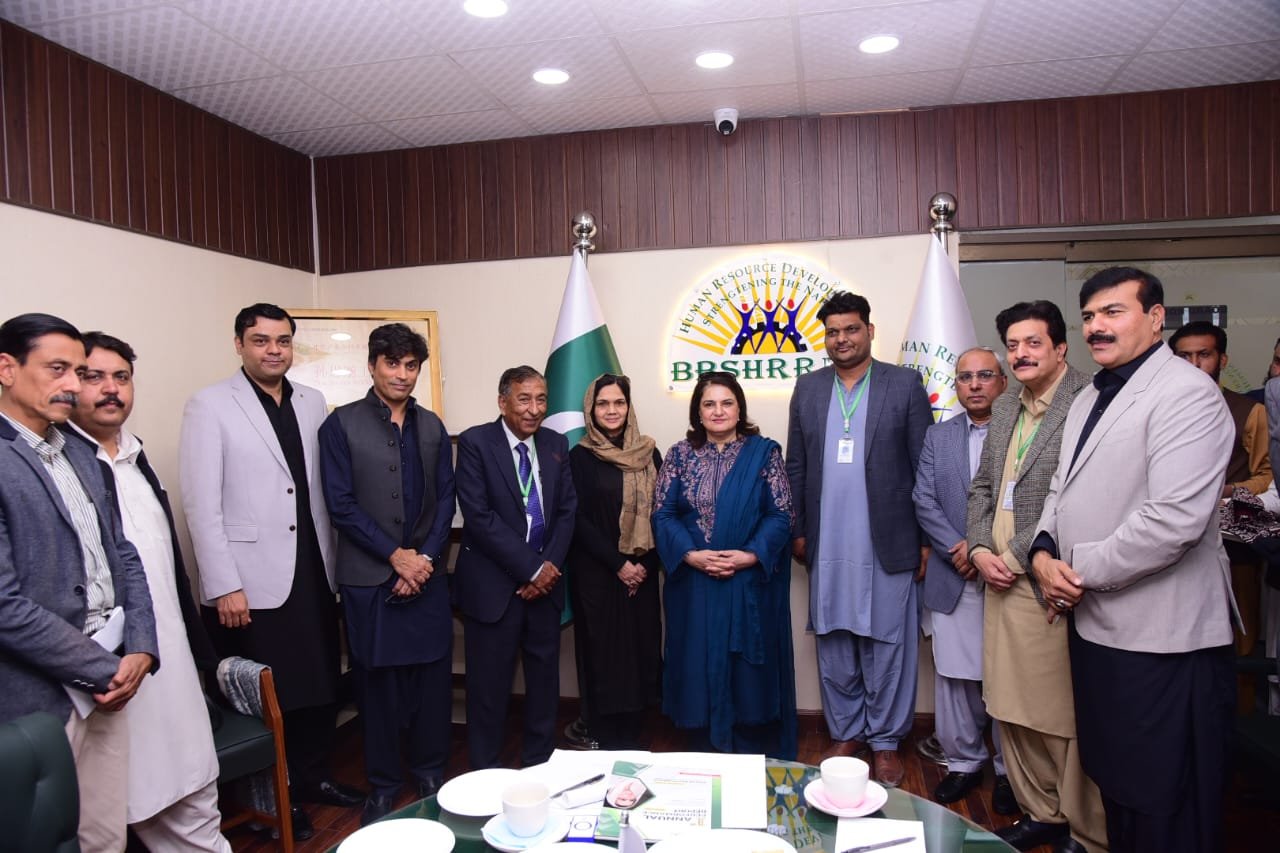

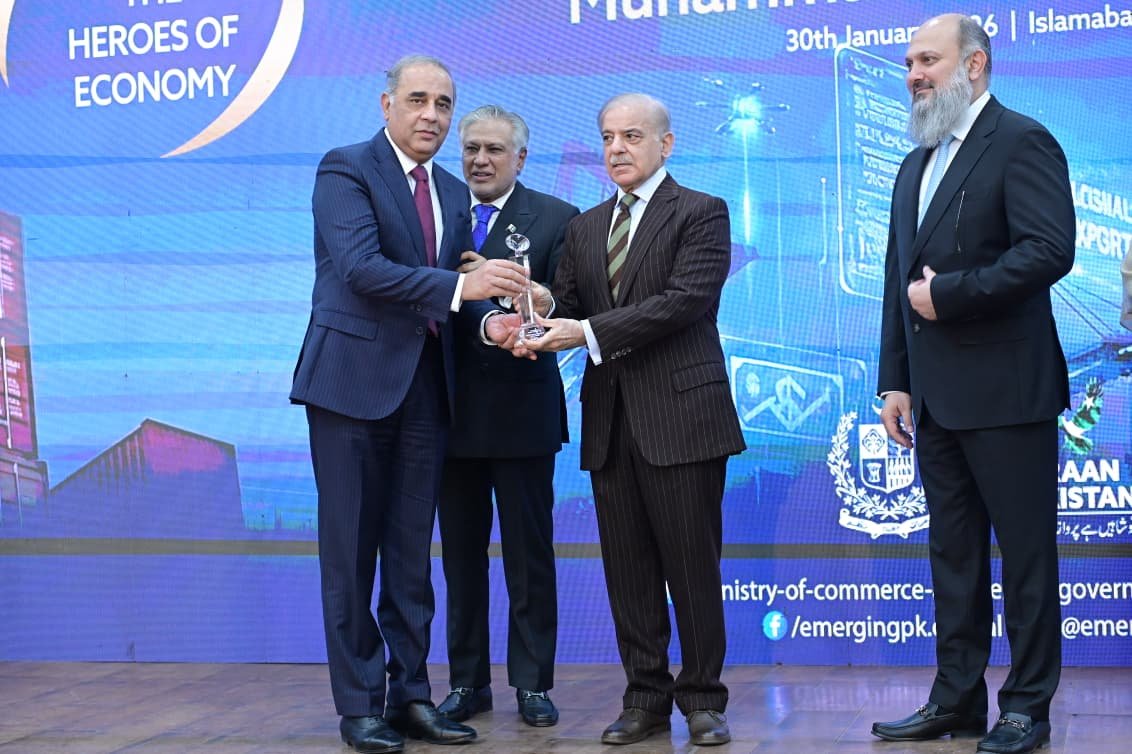
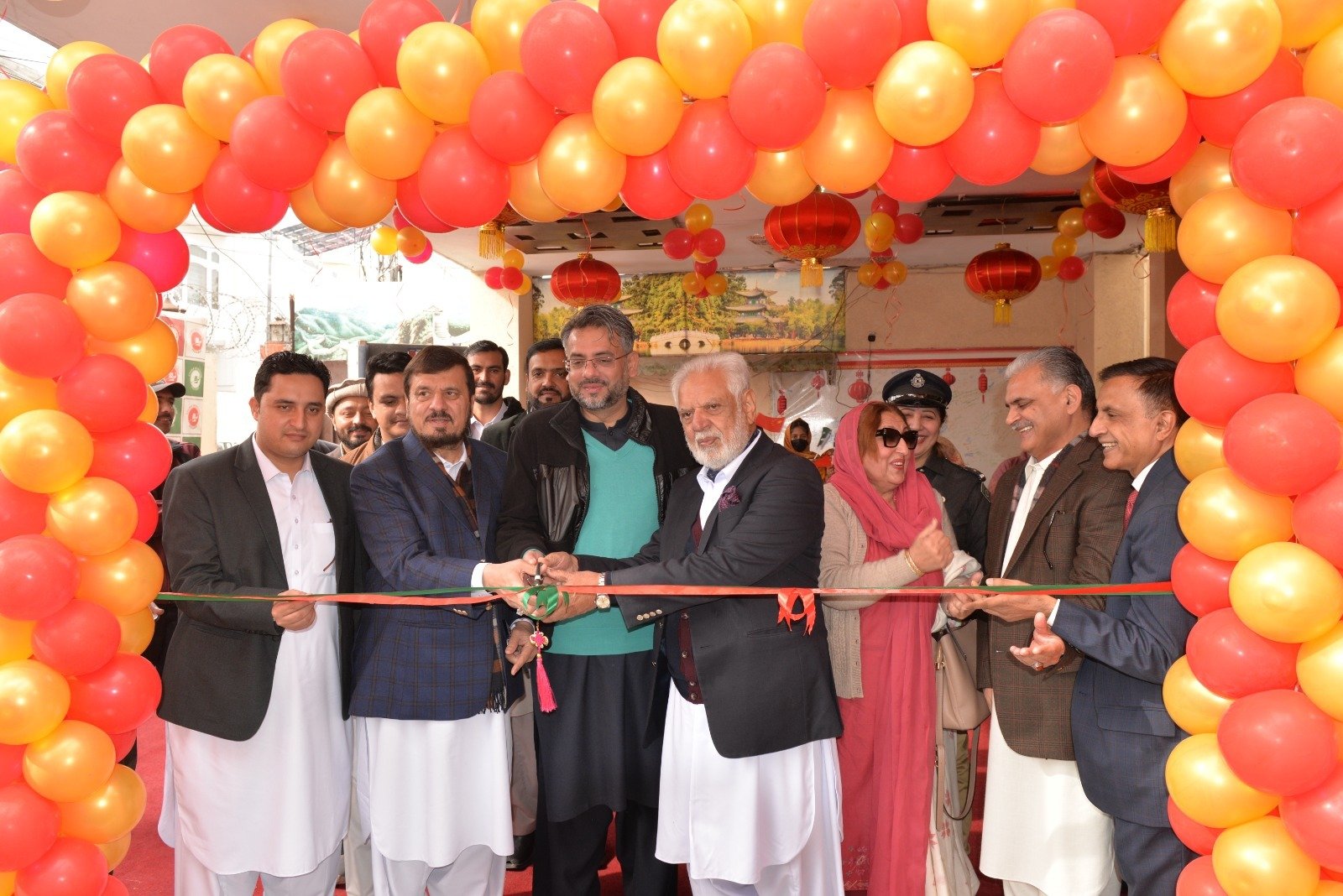
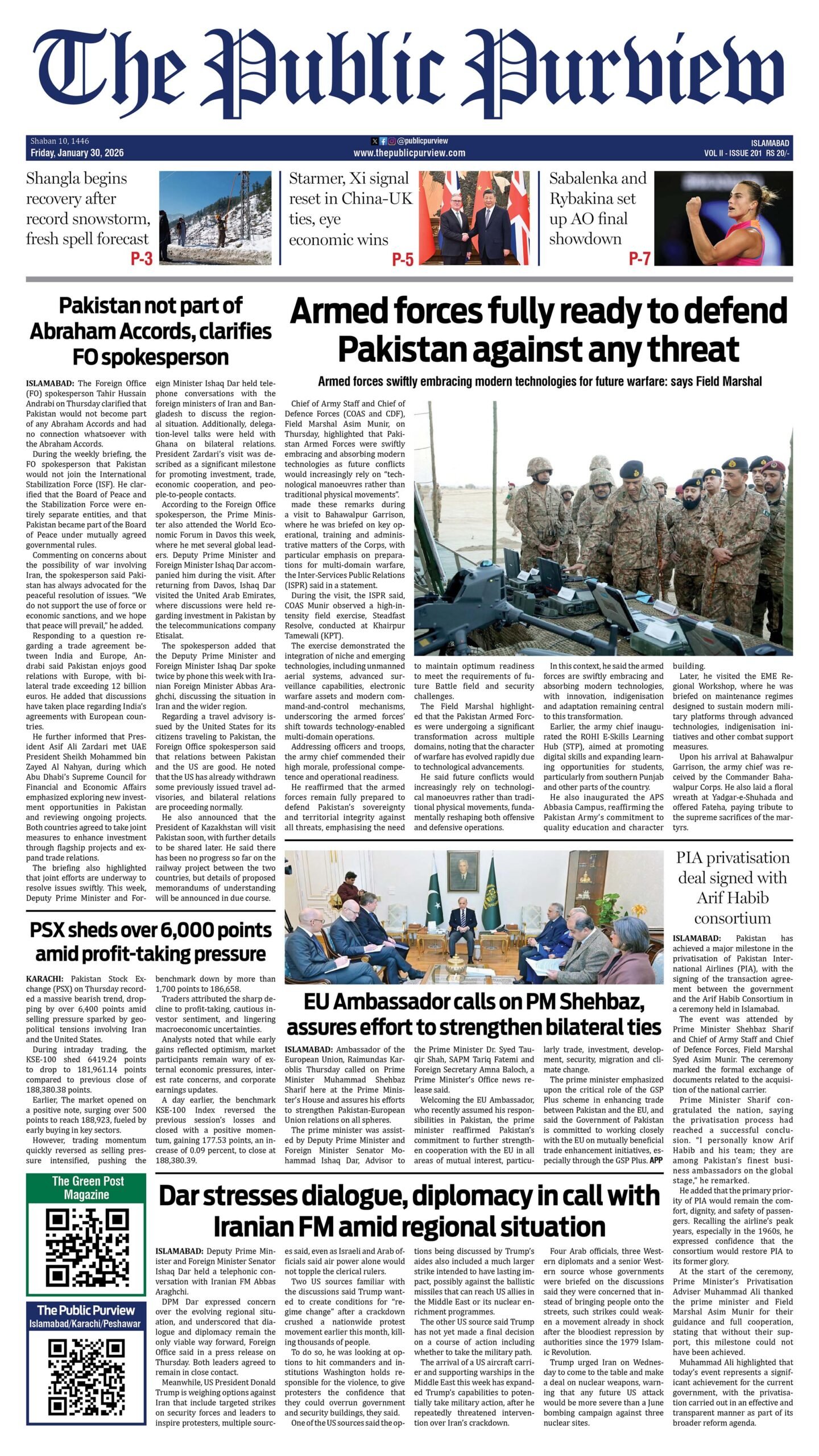 Today's E-Paper
Today's E-Paper